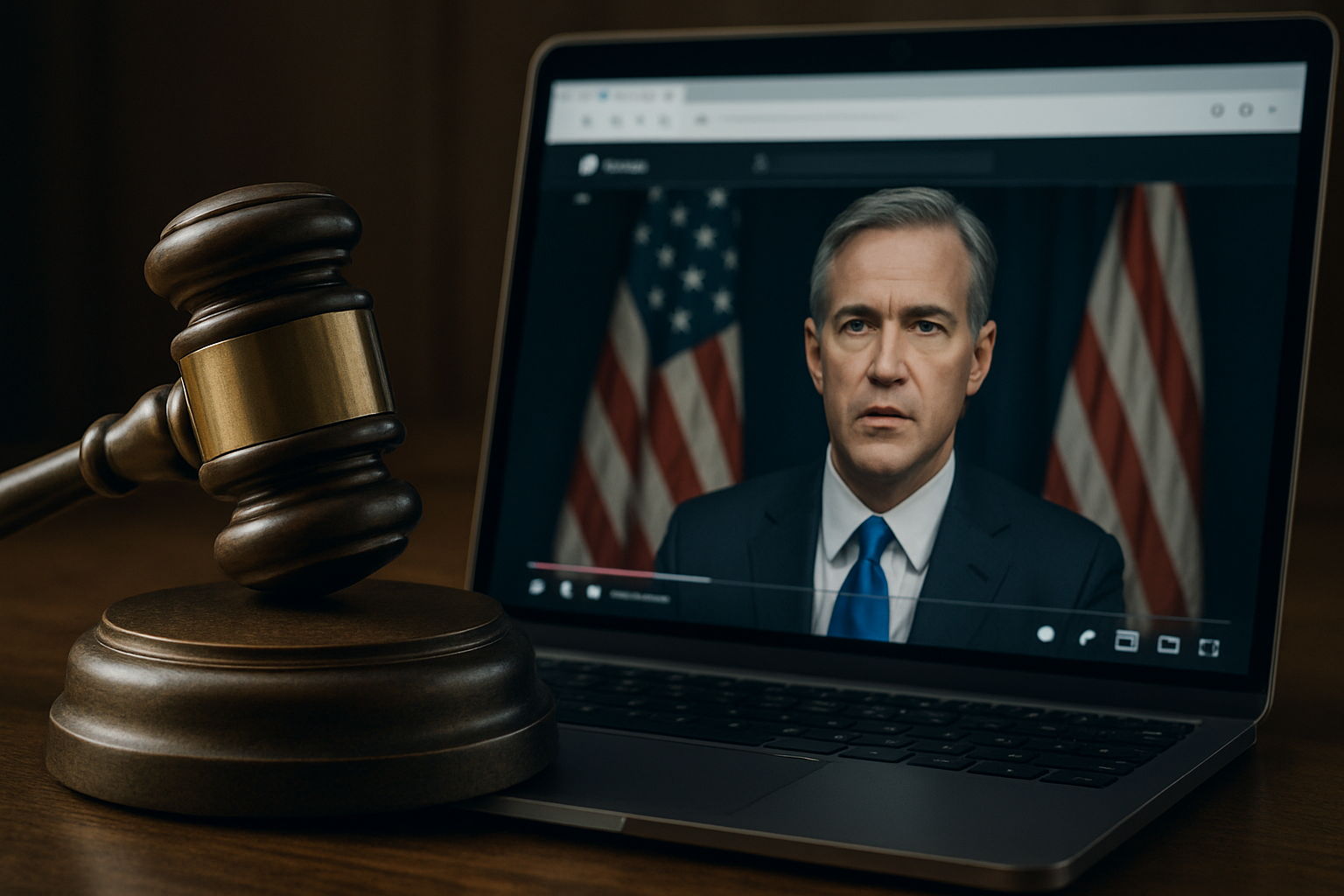Tribal Sovereignty and Federal Indian Law: A Complex Tapestry
Introduction: In the intricate fabric of American jurisprudence, few areas are as nuanced and historically significant as Federal Indian Law. This unique legal domain governs the relationship between the United States government and Native American tribes, balancing tribal sovereignty with federal oversight. As we delve into this complex tapestry, we uncover a system shaped by centuries of treaties, court decisions, and evolving societal perspectives.

The Doctrine of Trust Responsibility
Central to Federal Indian Law is the doctrine of trust responsibility. This principle, derived from treaties and court decisions, holds that the federal government has a fiduciary duty to protect tribal lands, assets, and resources. The trust responsibility extends to providing services like healthcare and education. However, the extent and implementation of this responsibility have been subjects of ongoing legal debate and numerous court cases.
Tribal Jurisdiction and Self-Governance
One of the most contentious aspects of Federal Indian Law is the issue of tribal jurisdiction. Tribes possess inherent sovereignty over their members and territory, but the extent of this jurisdiction, especially over non-members, has been a source of legal conflict. The Indian Self-Determination and Education Assistance Act of 1975 marked a shift towards greater tribal autonomy, allowing tribes to assume responsibility for federally funded programs previously managed by the Bureau of Indian Affairs.
The Indian Child Welfare Act: A Landmark Legislation
The Indian Child Welfare Act (ICWA) of 1978 stands as a pivotal piece of legislation in Federal Indian Law. Enacted to address the disproportionate removal of Native American children from their families, ICWA establishes federal standards for child custody proceedings involving Native American children. The act prioritizes keeping Native children within their tribal communities, recognizing the importance of cultural preservation. However, ICWA has faced legal challenges, with critics arguing it violates equal protection principles.
Contemporary Challenges and Evolving Jurisprudence
Recent years have seen significant developments in Federal Indian Law. The 2020 McGirt v. Oklahoma decision reaffirmed the Muscogee (Creek) Nation’s reservation status, dramatically altering criminal jurisdiction in eastern Oklahoma. This landmark ruling has far-reaching implications for tribal sovereignty and state-tribal relations. Additionally, issues such as gaming rights, environmental protection on tribal lands, and the scope of tribal civil jurisdiction continue to shape the landscape of Federal Indian Law.
The Intersection of Tribal and Federal Environmental Law
Environmental protection presents a unique challenge in the context of Federal Indian Law. While tribes have sovereign authority over their lands, federal environmental laws often apply to tribal territories. The EPA’s 1984 Indian Policy recognizes tribes as the primary parties for setting environmental standards on reservations. However, jurisdictional complexities arise when environmental issues cross reservation boundaries or involve non-tribal members, leading to intricate legal questions and occasional conflicts between tribal and federal authorities.
Federal Indian Law and Economic Development
Economic development on tribal lands is another crucial aspect of Federal Indian Law. The Indian Gaming Regulatory Act of 1988 has been a significant driver of tribal economic growth, allowing tribes to operate casinos on their lands subject to certain regulations. Beyond gaming, tribes engage in various economic activities, from natural resource extraction to renewable energy projects. Federal Indian Law plays a critical role in these endeavors, governing issues such as leasing of tribal lands, taxation, and regulatory authority.
In conclusion, Federal Indian Law represents a unique and evolving area of American jurisprudence. It reflects the complex historical relationship between the United States and Native American tribes, balancing tribal sovereignty with federal oversight. As societal values and legal interpretations continue to evolve, Federal Indian Law remains a dynamic field, shaping the lives of Native Americans and the broader American legal landscape. Understanding this intricate legal domain is crucial for comprehending the full scope of American law and governance.






